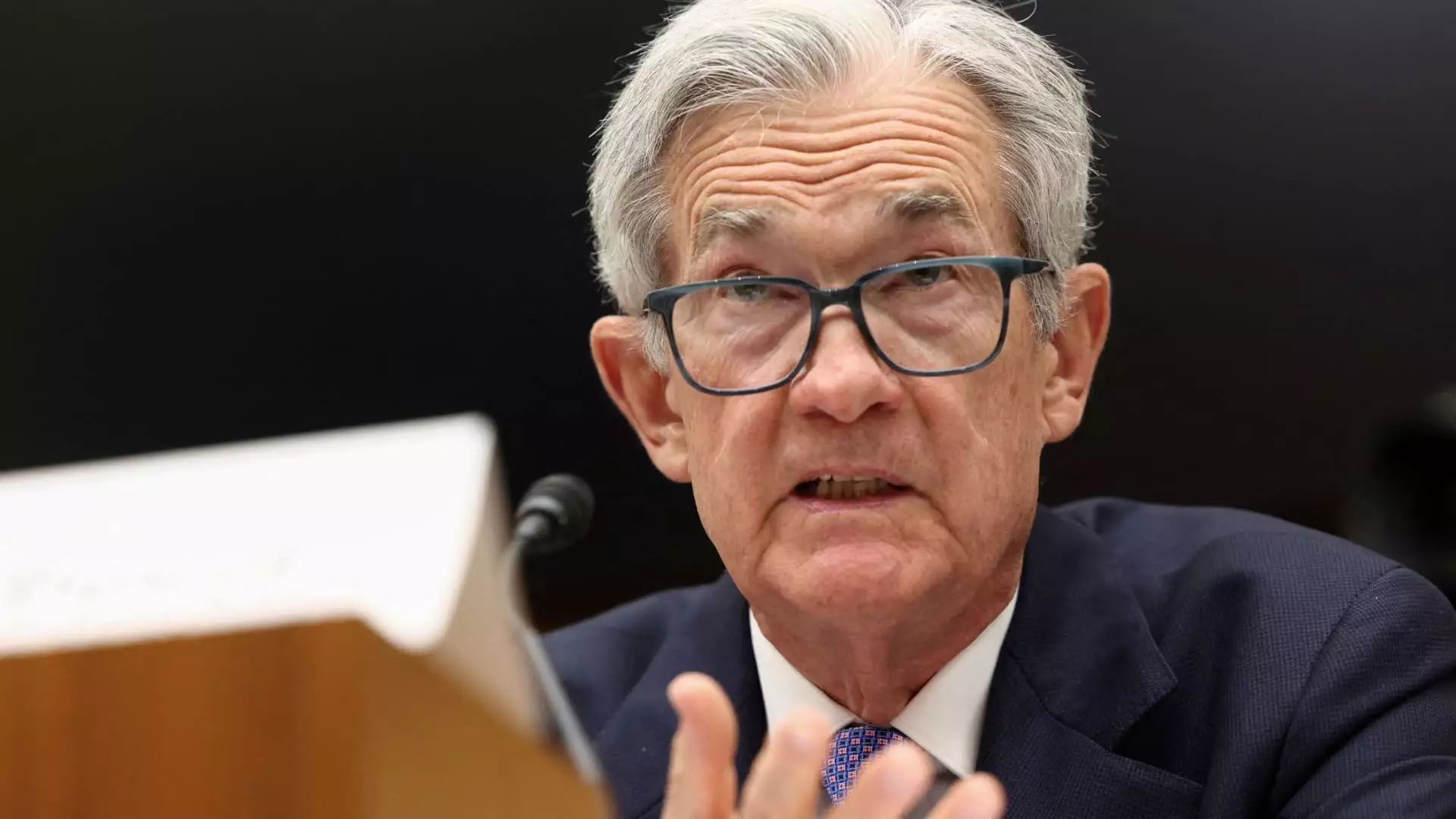In an era where political pressures seek to undermine the independence of central institutions, the Federal Reserve’s recent defense of its headquarters renovation serves as a bold assertion of its autonomy. Despite relentless criticism from the Trump administration, particularly from key figures like Office of Management and Budget Director Russell Vought, the Fed is demonstrating resilience. It recognizes that its role extends beyond mere political appeasement; it is about safeguarding monetary policy and economic stability from partisan meddling. The Fed’s decision to publish a detailed FAQ script to counter accusations reveals a strategic effort to maintain transparency and reinforce its institutional integrity against politicization. This move underscores an essential truth: the Fed’s independence from political whims is fundamental to its credibility and effectiveness.
The administration’s attacks aim to portray the Fed at best as out of touch or, at worst, as a tool for political agendas. However, the central bank’s insistence on defending a relatively modest renovation project, including historical preservation and modernization, highlights a different perspective—one rooted in responsible stewardship. The language on the Federal Reserve’s website suggests an intention to dismiss baseless claims about lavish spending, emphasizing that the upgrades are necessary, carefully planned, and, crucially, taxpayer-funded through the institution’s self-generated income. This stands as a testament to the Fed’s commitment to transparency and fiscal responsibility, directly contrasting with the narrative pushed by critics trying to fuel distrust in monetary institutions.
Political Manipulation Undermines Economic Stability
The Trump administration’s relentless critique of the Federal Reserve reveals more than just disagreements over interest rate policies; it exemplifies attempts to politicize economic governance. Calling Jerome Powell a poor manager and alleging extravagant spending is less about the renovation itself and more about undermining the credibility of the Fed’s policy decisions. When the President of the United States publicly pressures the central bank to lower interest rates for political gain, it risks destabilizing financial markets and eroding public trust. Central banks are designed to be insulated from political cycles precisely to prevent destabilizing swings based on short-term political wins.
Critics within the administration seem to be weaponizing oversight and public opinion to weaken the Fed’s independence. This strategy is dangerously shortsighted; it undermines the meticulous, often counterintuitive, approach central banks take in maintaining economic stability. The fact that the Fed is now actively pushing back through public clarifications indicates an awareness that political meddling in monetary policy can have long-term adverse effects, such as hyperinflation, economic uncertainty, and lost credibility. The resilience of the Fed’s stance underscores the importance of keeping economic policymaking free from partisan influence—an essential safeguard for a healthy, functioning democracy.
A Misguided Focus on Spurious Criticism
The specific focus on the renovation expenses—estimated at $700 million over budget—illustrates a wider pattern of scapegoating and misinformation. Critics amplify the costs, framing them as unnecessary luxuries, thereby diverting attention from the actual purpose: maintaining the integrity and modernization of a century-old financial infrastructure. The bizarre portrayal of rooftop gardens, marble, and elevators as symbols of excess deliberately ignores the need for functional, secure, and efficient facilities to support central banking functions. Furthermore, the claim that no taxpayer dollars fund the project highlights the Fed’s financial independence, yet the narrative persists that such spending is illegitimate.
By doubling down on factual clarifications—such as refuting claims of VIP dining rooms or private terraces—the Fed is attempting to reclaim control over the narrative. It recognizes that misinformation can erode public confidence, which is dangerous for an institution that relies on credibility to effectively manage inflation, employment, and financial stability. This defensive posture indicates a broader recognition: in a politicized environment, transparency becomes an act of resistance. The Fed’s willingness to openly address concerns and correct misconceptions signals its understanding that its independence must be actively defended in every arena, including public discourse.
The Broader Implications for Democratic Governance
The ongoing clash between the Fed and the Trump administration exemplifies a critical challenge facing modern democracies: how to preserve the integrity and independence of core institutions amidst intense political polarization. Central banks are meant to operate based on expertise, data, and careful analysis—not political expediency. When political leaders attack, undermine, or attempt to influence these entities, they threaten the very foundation of economic stability and democratic accountability.
In defending its renovation project with facts and transparency, the Fed is making a larger point: that institutional independence is not a luxury but an essential safeguard for the wellbeing of the economy. It’s a reminder that responsible governance involves resisting the temptation to manipulate institutions for temporary political advantage. Instead, it demands a commitment to long-term stability, rooted in independence from partisan influences. As the political climate becomes more hostile to centralized expertise, the Fed’s firm stance underscores that legitimacy hinges on its ability to resist political pressure and uphold its core mandate, no matter how inconvenient some critics may find it.

Leave a Reply